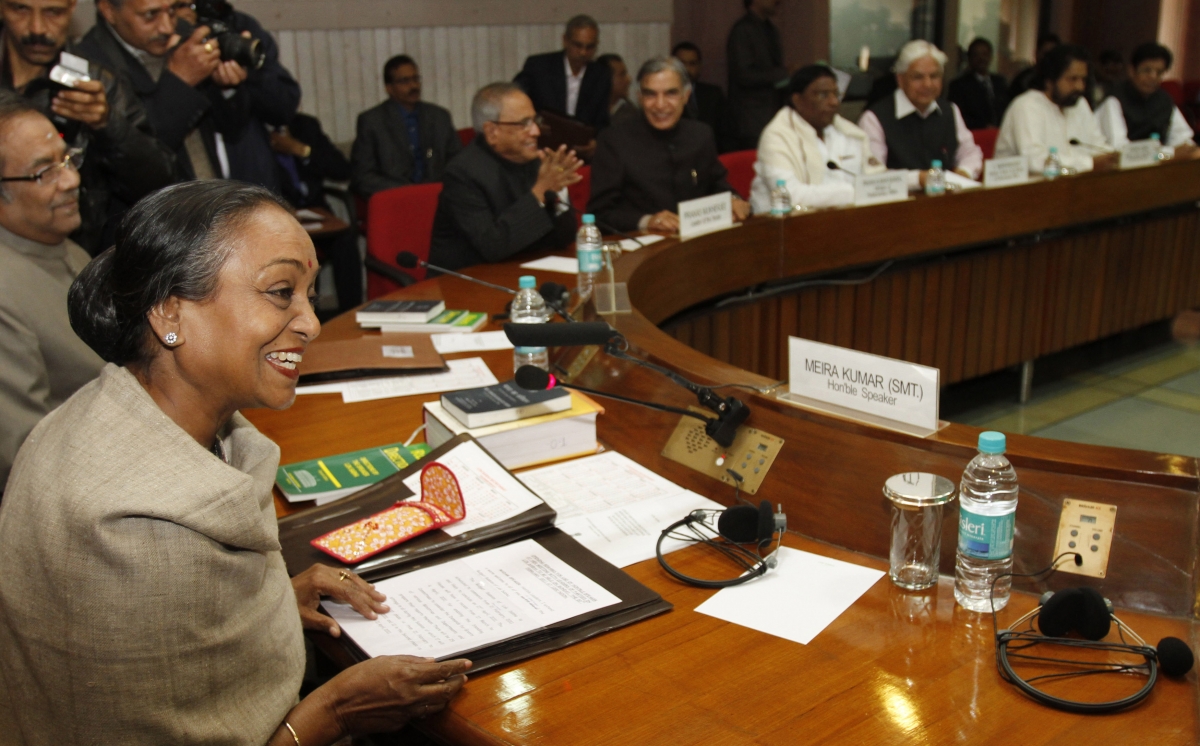Lok Sabha on Wednesday passed the bill to scrap the collegium system of appointment of apex courts' judges, after receiving words of assurance from the Centre, promising complete independence to the judiciary.
The lower house passed the National Judicial Appointments Commission Bill 2014 with full 367 votes, without a single protester standing against the proposed amendment, after Law and Justice Minister Ravi Shankar Prasad promised that the Centre would in no way interfere with the functioning of judiciary.
"We are for maintaining the sanctity of the judiciary... We have said this House respects independence of judiciary. That should be assuring. Let the message go that this House is one for maintaining dignity of the judiciary," The Hindu quoted Prasad as saying.
The amendment in judicial appointments bill would discard the age-old collegium system of appointment of Supreme Court and High Court judges and allow a panel consisting of six members from different streams, including law ministry and leaders of ruling and opposition parties.
In addition, another bill - Constitution (99th Amendment) Bill - was passed to grant Constitutional status to the National Judicial Appointments Commission.
Prasad said that the deserving judges were refrained from getting promotion to the Supreme Court and high courts, due to faults in the existing collegium system. However, the new appointment committee is said to appoint judges based only on their merit and ability.
The bill would now be forwarded to the Rajya Sabha, where it has high hopes of getting approval based on today's votes. Once the upper house passes the bill, it would be sent to the President for his consent after which it would finally become an act.

















